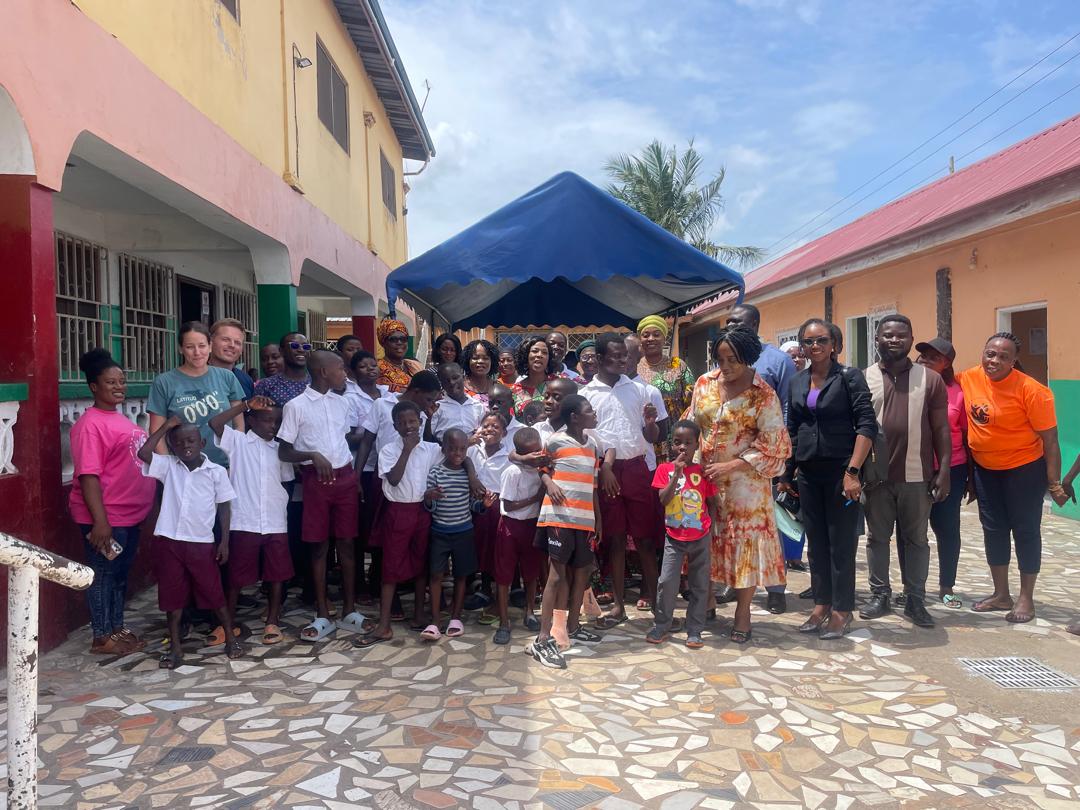Shelters in crisis: Calls grow for gov’t support as caregivers struggle to protect vulnerable children – Nsemkeka
Martha has known no other home than the New Life Nungua Children’s Home. She’s lived there since infancy—safe from the harsh realities of street life, thanks to the dedication of shelter workers and the generosity of individual donors.
But like many of Ghana’s privately run shelters, New Life survives on thin margins. State support is limited, and without it, children like Martha risk being left without food, healthcare, and the stability they desperately need.
A recent tour by the Parliamentary Committee on Gender, Children, and Social Protection has exposed what members are calling a system in crisis.
Shelter managers are stretched beyond capacity. Children with special needs are often cared for by untrained staff. Utility bills and food costs pile up, with no consistent support from the state. Caretakers say they are overwhelmed, and the burden is becoming unbearable.
“We really need the government to absorb utility bills because these children aren’t ours, they’re for the state, they’re for everyone,” one of the caretakers, Paa Kwesi Olenu, said.
The Department of Social Welfare admits it lacks the resources to provide consistent oversight or funding.
That admission has drawn criticism from lawmakers, who say the current model is simply unsustainable.
The Chairperson of the Gender Committee, Helen Ntoso, is urging urgent reforms.
“We have appealed to the ministry to increase their budget during the review. These institutions are really struggling.”
She insists that government can no longer turn a blind eye.
“If the state is placing children with disabilities in private shelters, then we must equip them to deliver the care these children deserve.”
Yet, as Martha and thousands of other children wait, the sense of urgency in words has not translated into action. Children remain at risk—on the streets, in unsafe homes, and in overstretched shelters—with no clear sign that meaningful help is coming soon

